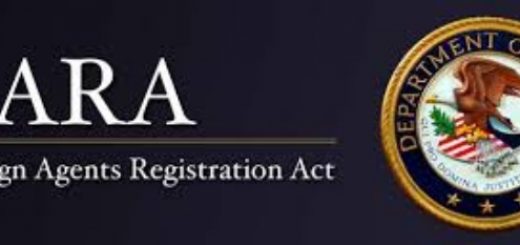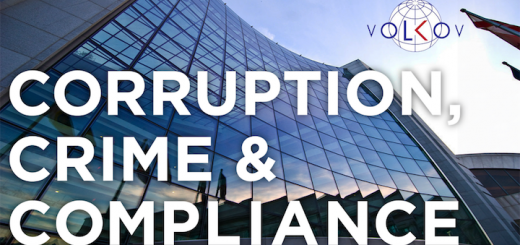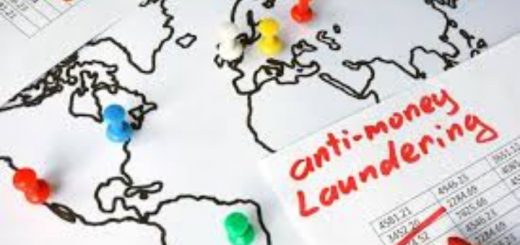Foreign Agents Registration Act Enforcement
One consequence of the ongoing Russia investigation against the current administration is increased focus and probable enforcement of the Foreign Agents Registration Act (FARA). For Washington insiders, FARA was a known requirement but strict compliance was never the rule. FARA’s purpose was aimed at encouraging disclosure of hidden relationships with foreign governments that are intended to influence US government officials. With the increased enforcement of...























